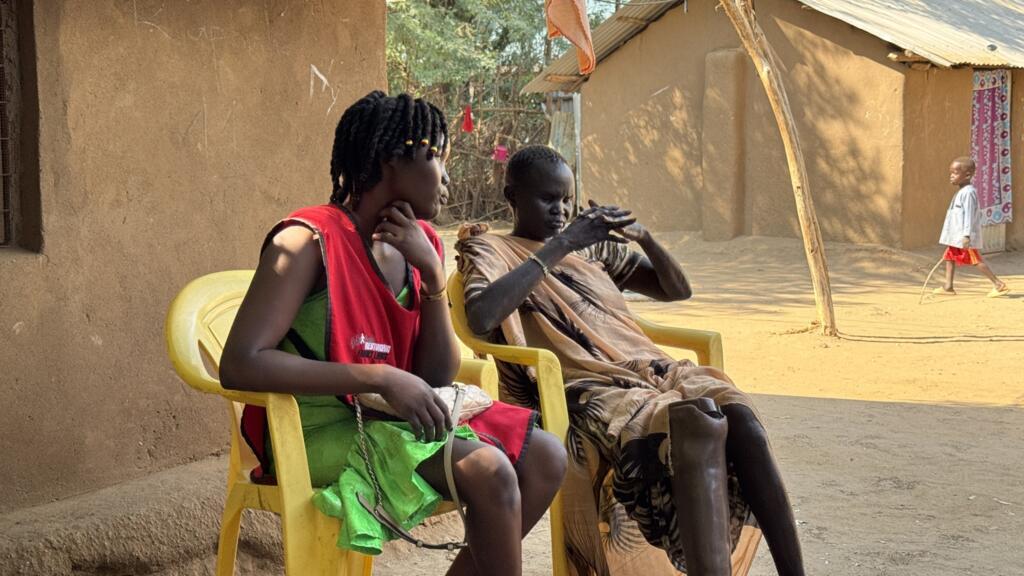
Kakuma Refugee Camp, Kenya – At the Kakuma refugee camp in the northwest of Kenya, more than 200,000 refugees from across Africa have sought safety – in many cases leaving loved ones behind. The Red Cross's Restoring Family Links programme seeks to reunite these families torn apart by conflict.
Among the thousands searching for missing loved ones is Amar, who fled South Sudan nearly a decade ago. He still carries a worn photograph of his younger sister – his only remaining link to her.
"I tried everything," he said. "Phone calls, messages, asking other refugees. Nothing. Not knowing is worse than death. If a person dies, you can mourn. But when they are missing, you live in hope and fear every single day."
Moses (a pseudonym to protect his identity) lives with the same questions. Born in eastern Democratic Republic of Congo, he was separated from his parents and three younger siblings during an armed attack on his village.
"I was supposed to protect them," he says, lowering his eyes. "But I lost them in the chaos. I do not know if they survived. I do not even know if they remember me.”
Protests erupt at Kakuma refugee camp in Kenya following aid cuts
A Red Cross lifeline
Amar and Moses have turned to the Kenya Red Cross (KRC) tracing office in Kakuma, clinging to the hope of a call that could end years of uncertainty.
For families like theirs, the Red Cross provides an invaluable service through the Restoring Family Links (RFL) programme.
It enables displaced people to register missing relatives, send Red Cross messages and – in some cases – speak to family members by facilitating phone and video calls.
Rajab Mohammed, a tracing officer for the Kenya Red Cross in the Turkana region, where Kakuma is located, describes the work as painstaking but deeply rewarding.
"Each inquiry is a story of suffering,” he explains. "People have been separated from their loved ones for years. Sometimes we succeed, sometimes the trail runs cold. But for those waiting, even a single word of information can bring relief."
Refugee numbers reach record high as global aid funding drops
'Dignity and hope'
The Red Cross works in more than 100 countries worldwide to trace those missing and reunite families.
In Kenya alone – where Kakuma and Dadaab camps host hundreds of thousands of refugees displaced by violence in South Sudan, Somalia and the Great Lakes region – the challenge is immense.
Mohammed recalls the story of a boy in Kakuma who finally managed to speak with his mother in Burundi after six long years.
"When he heard her voice, he cried uncontrollably," he said. "Everyone around him cried too. That is why this work matters. Reuniting families is not just about information – it is about dignity, healing and hope."
As the sun sets over Kakuma, Amar tucks his sister’s photograph back into his wallet, as he has done countless times before.
"Hope is all I have," he says. "If I let go of it, then I have lost her forever."







